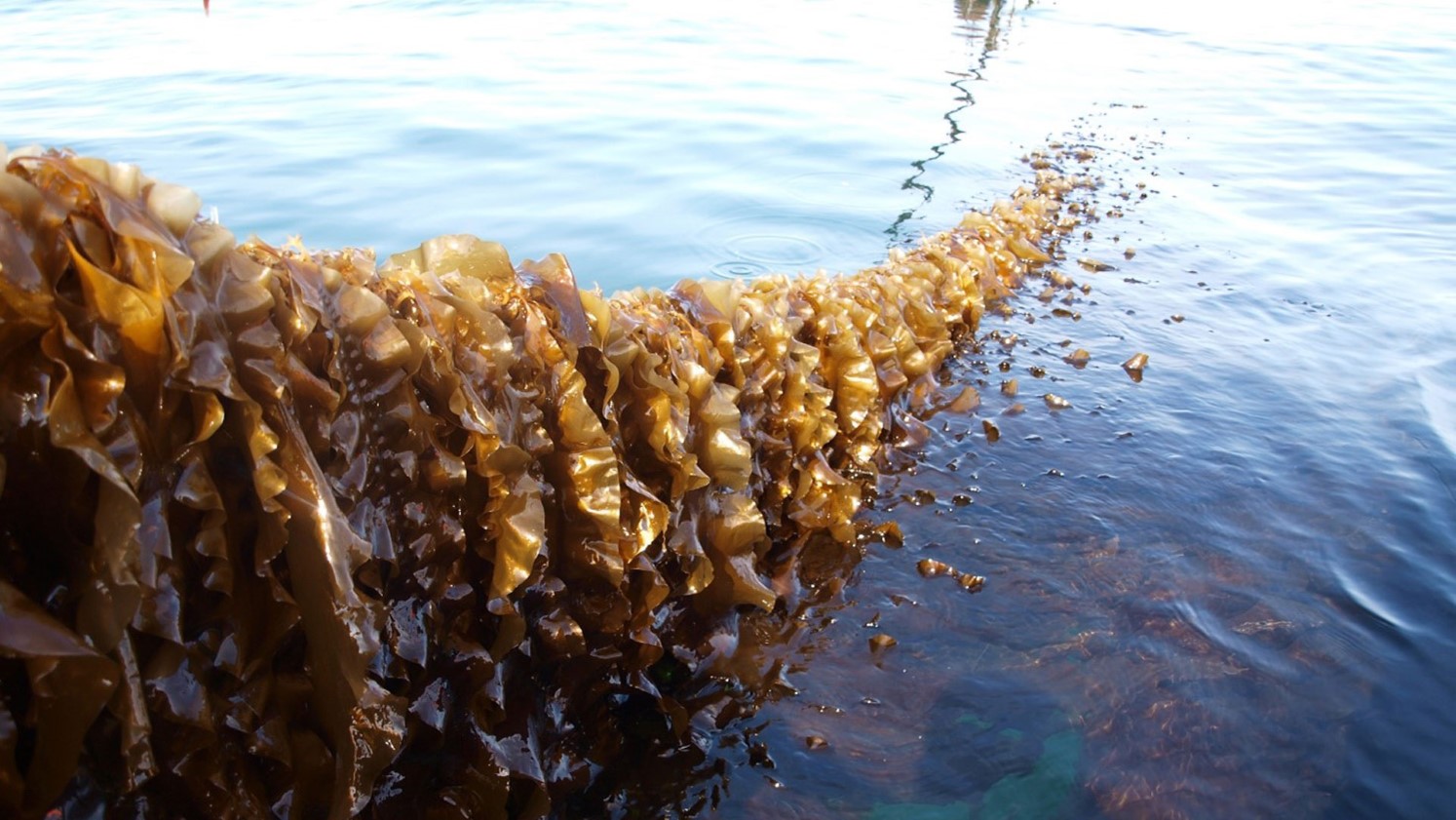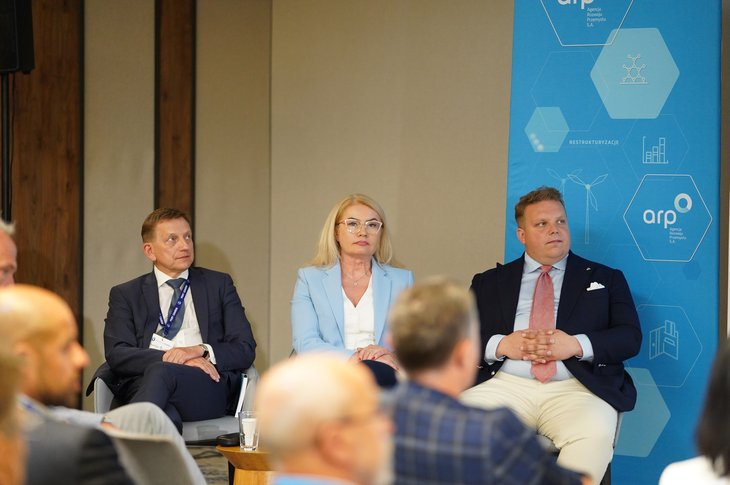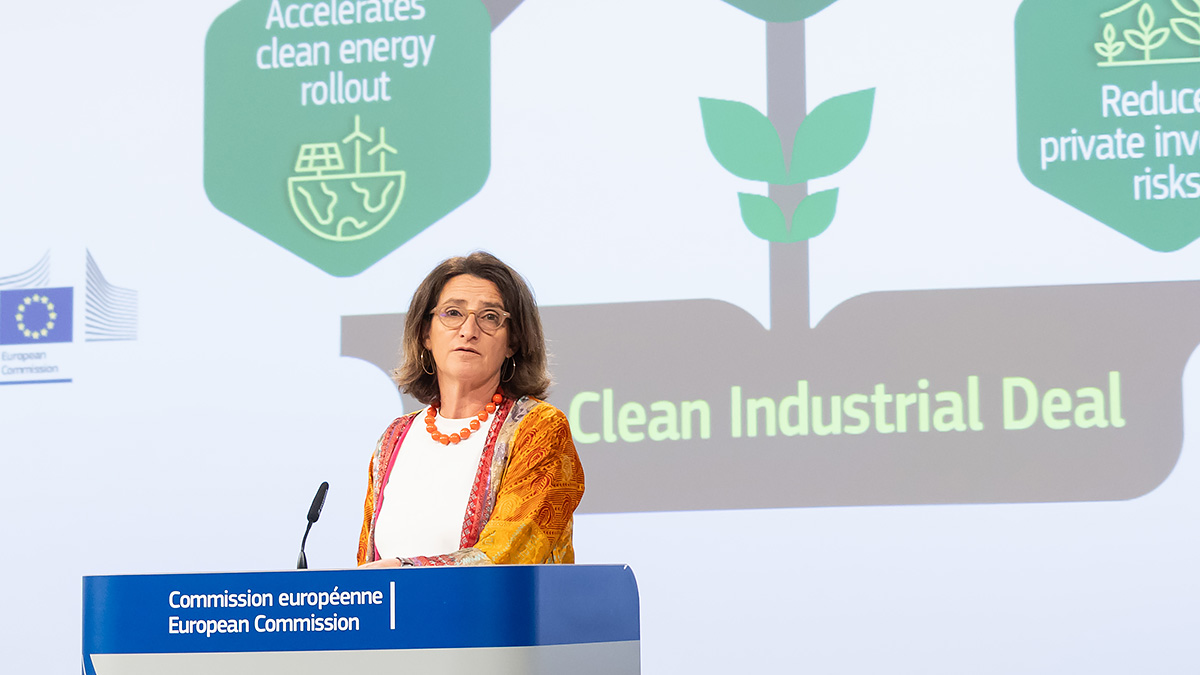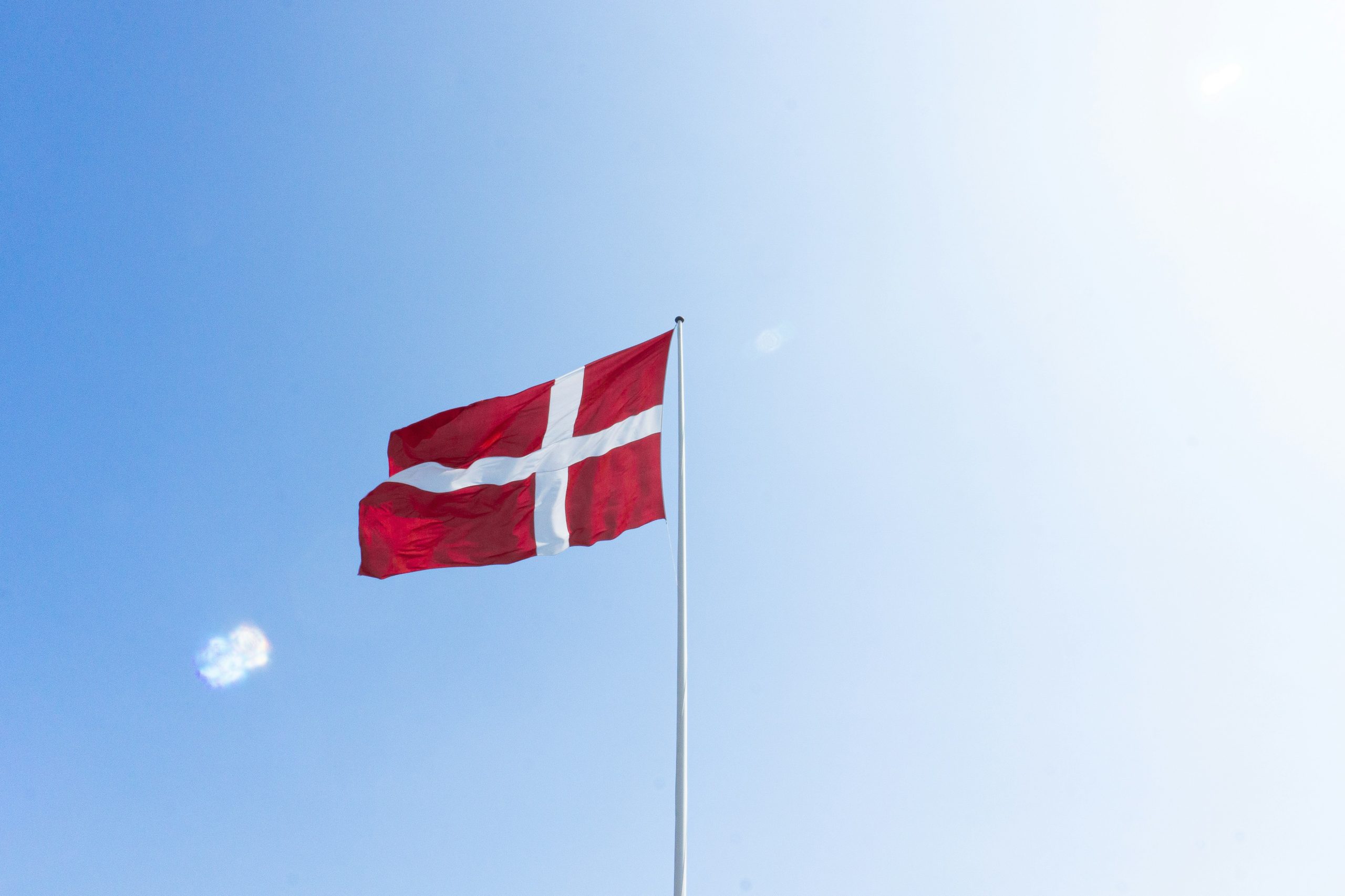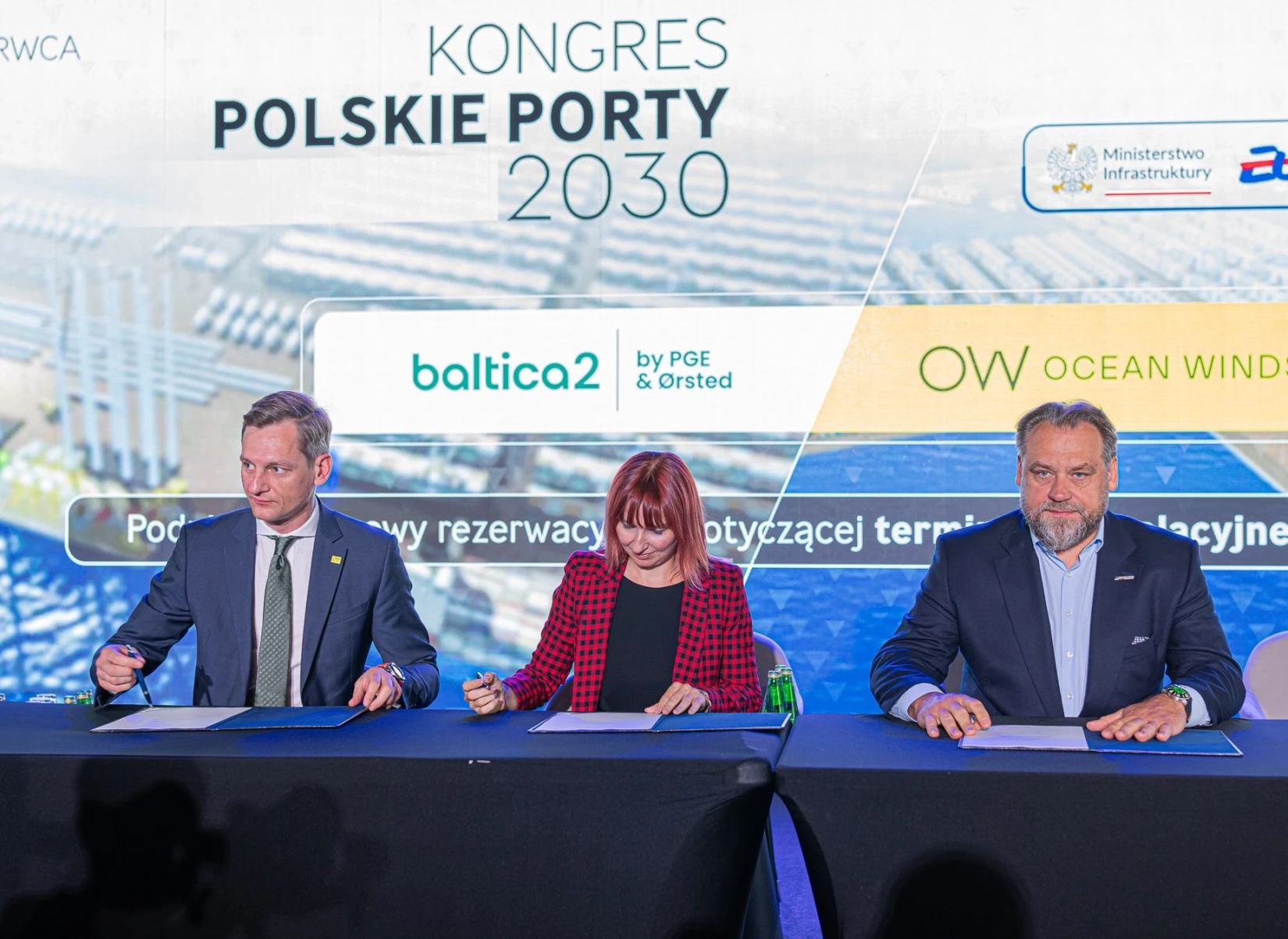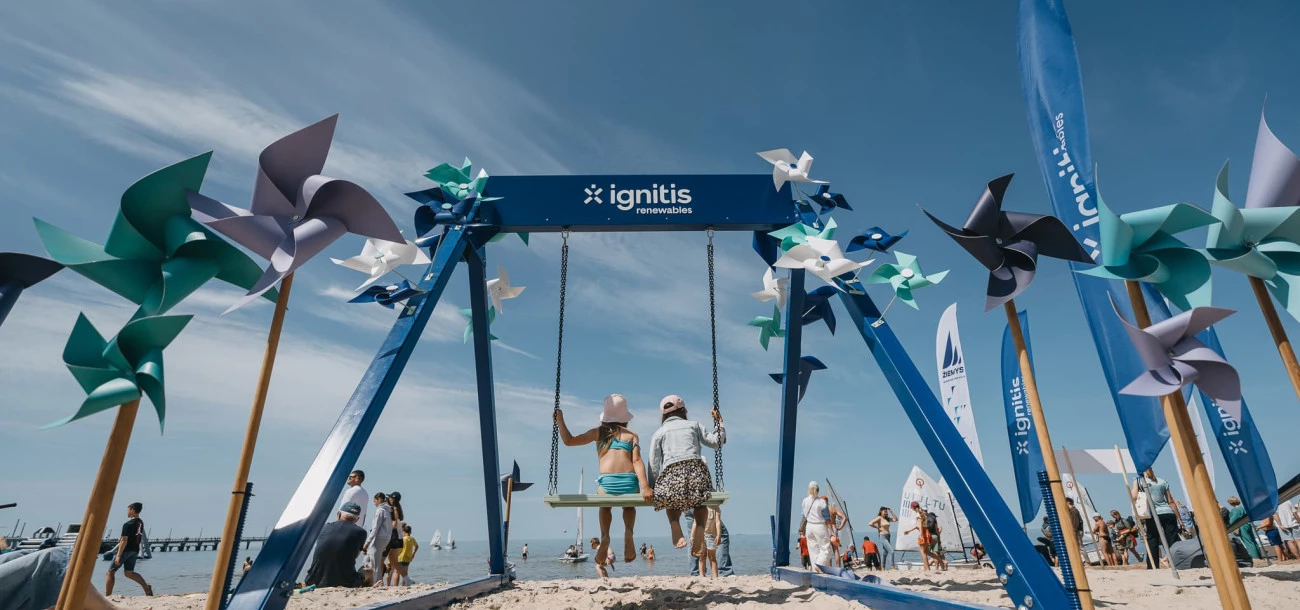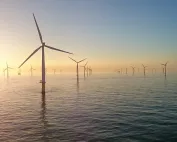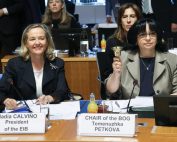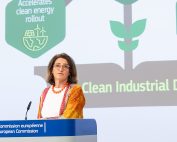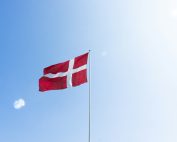How can fossil-free offshore wind power and sustainable food be produced – all while improving the marine environment and biodiversity in the same marine area? This is what the new collaboration ‘Win@Sea’ between Danish universities, companies and Vattenfall hopes to investigate.
Offshore wind is an efficient and fossil-free energy source, and in recent years many governments have set ambitious targets for an accelerated expansion. What’s more, the demand for food with a low climate footprint is increasing, and the oceans can be a resource here. However, space at sea is scarce and biodiversity is threatened. But what if an offshore wind farm could simultaneously produce fossil-free electricity and sustainable food while also contributing positively to biodiversity in the same area?
“At Vattenfall, we want to produce fossil-free electricity without negatively affecting the environment and biodiversity. We are working towards our energy-producing assets, such as offshore wind turbines, contributing positively to biodiversity. That is why we are looking for synergies between fossil-free energy production and consideration for nature,” says marine biologist Matthieu Povidis-Delefosse from Vattenfall.
Vattenfall has made Scandinavia’s largest offshore wind farm, Danish Kriegers Flak, available for the project. Specifically, blue mussels, sugar kelp, sea lettuce and dulse will be produced on lines at the offshore wind farm. A number of monitoring and research activities will also take place.
Vattenfall has also undertaken to lead one of the project’s eight work streams. This deals with safety and operational logistics, as well as coordinating knowledge and data exchange between the researchers and the team at Vattenfall in charge of the daily operation of the wind farm.
“Danish Kriegers Flak is a large and modern offshore wind farm from 2021, which attracts great international interest. We are now opening a whole new chapter as Kriegers Flak, through Win@Sea, creates new ways for sustainable food production such as algae and mussels while contributing positively towards biodiversity,” says Matthieu Povidis-Delefosse.
Win@Sea is headed by Aarhus University and runs from 2023-26. In addition to Vattenfall, the Technical University of Denmark, the University of Copenhagen, the Kattegatcenter and Kerteminde Seafarm are also participating in the project. The project is partly funded by the Horizon Europe project: OLAMUR (Offshore Low-trophic Aquaculture in Multi-Use scenario Realisation).
In parallel, Vattenfall is also a knowledge partner in the Seamark Horizon Europe project. “Seamark completes the Win@Sea project very nicely, as Seamark focuses on seaweed value chain and product development and testing to further the potential of algae-based product in the EU”, says Matthieu Povidis-Delefosse.
Source: Vattenfall
